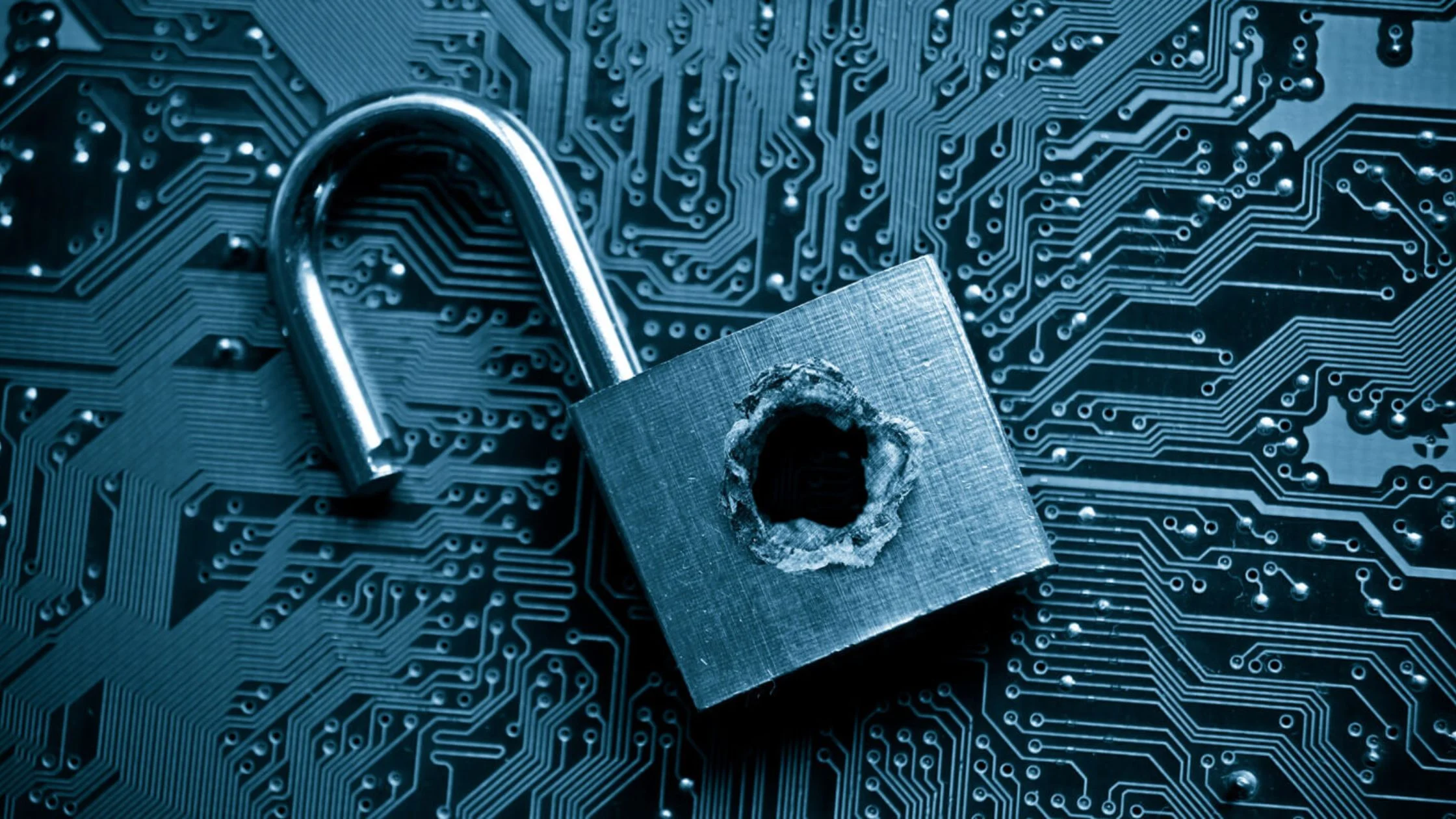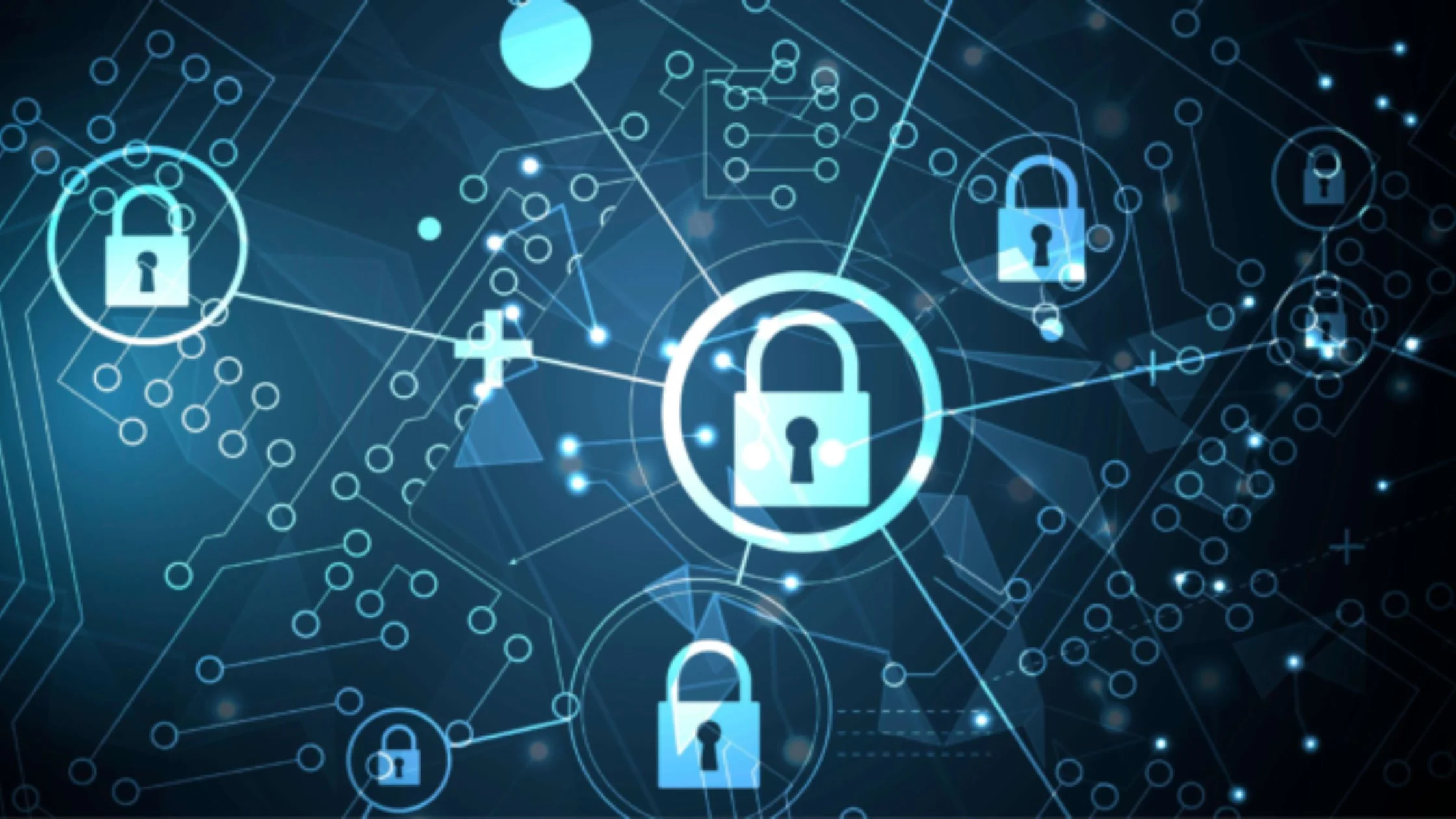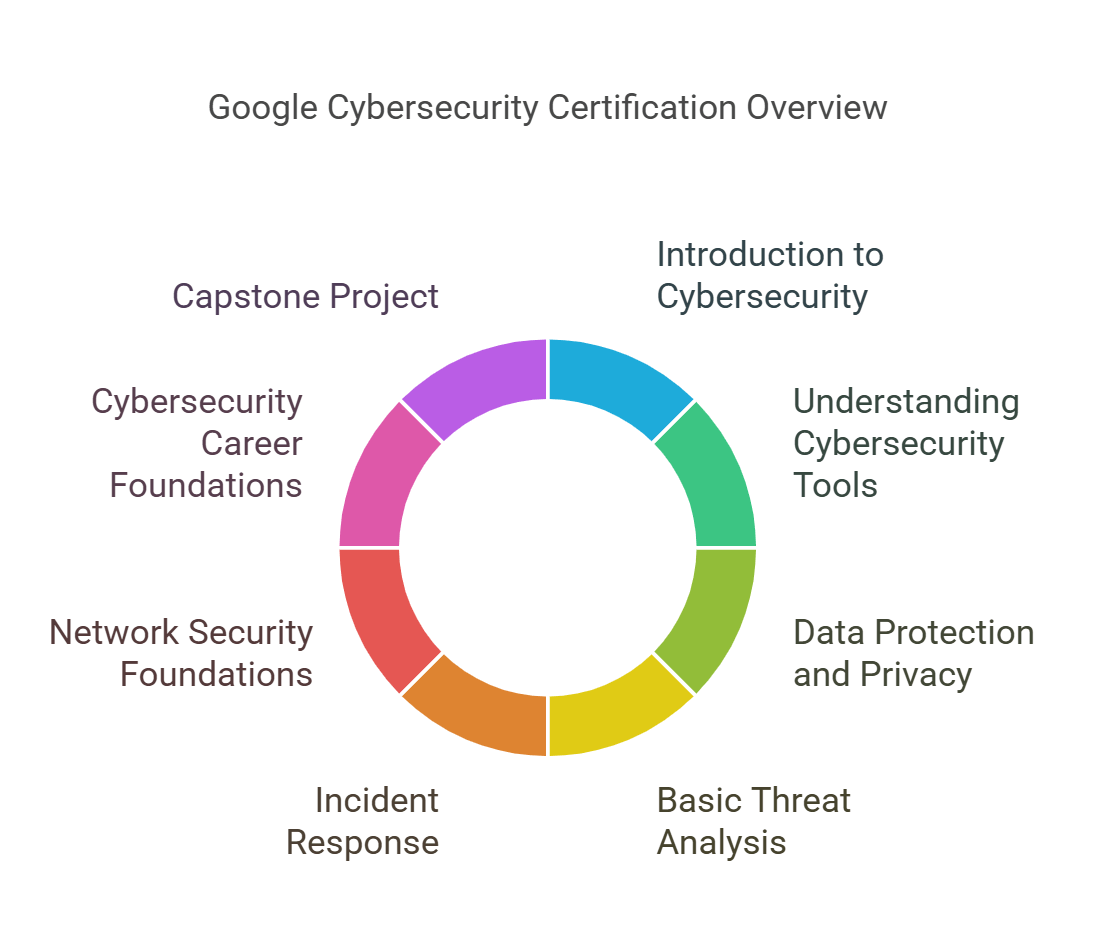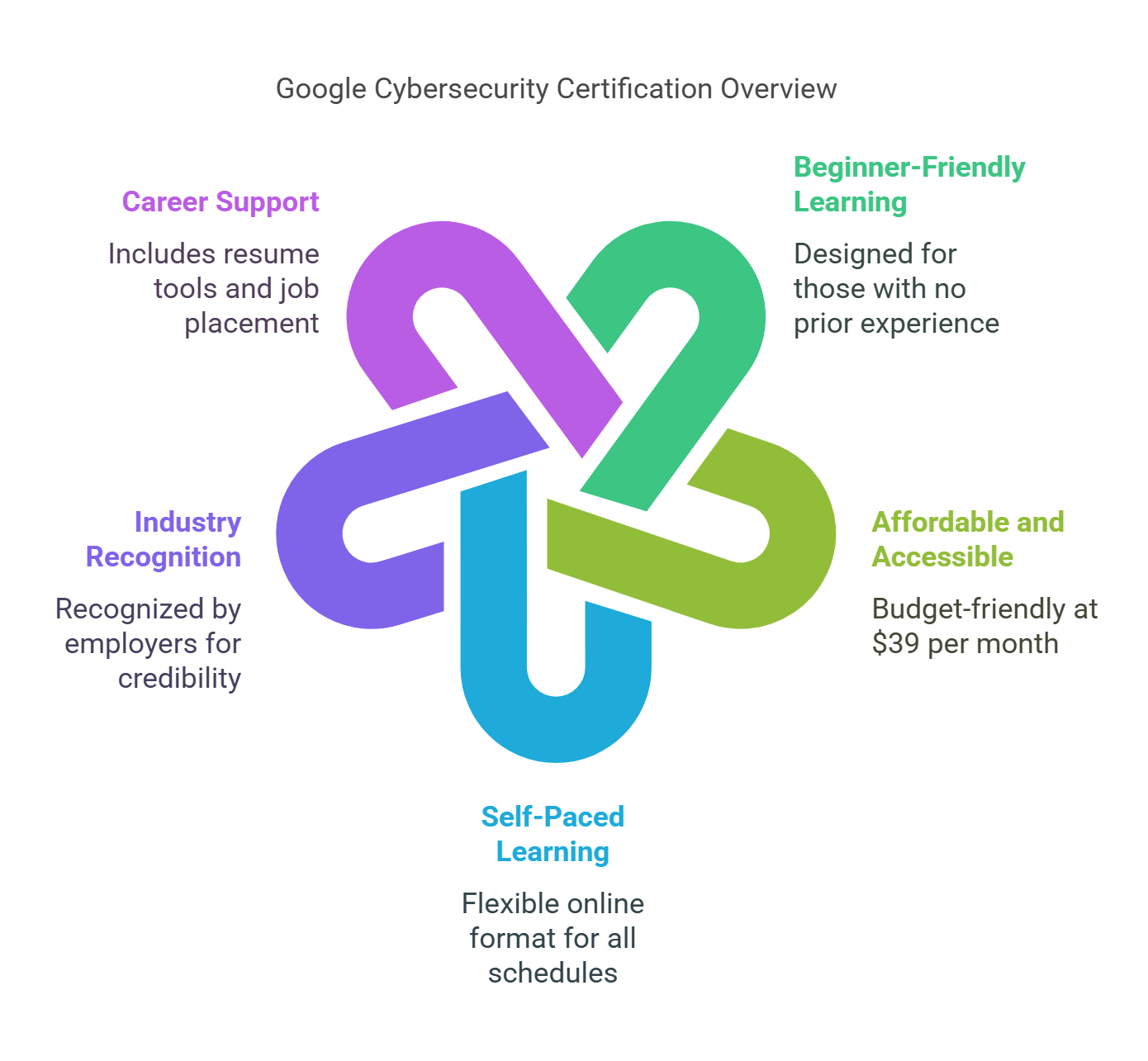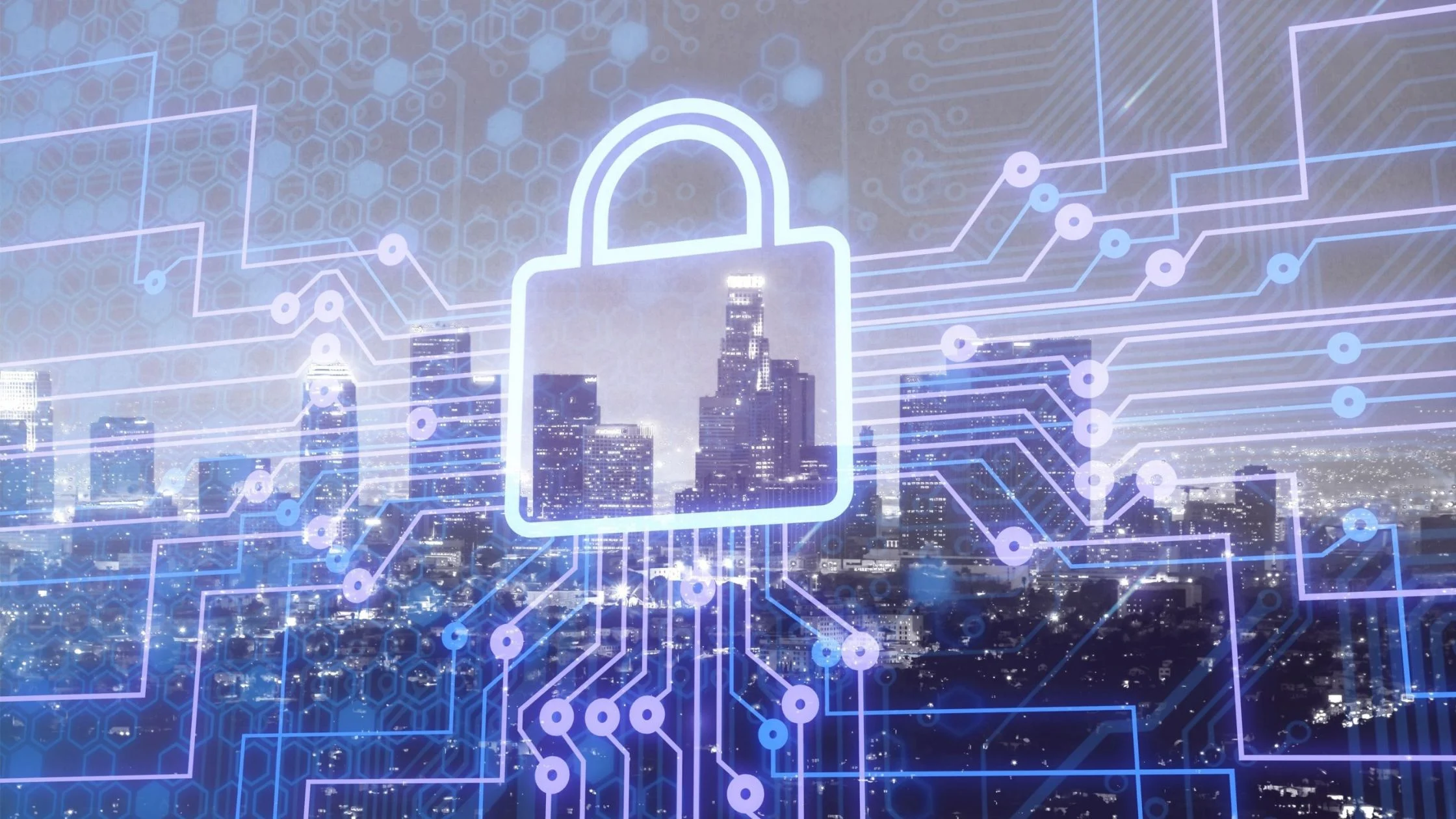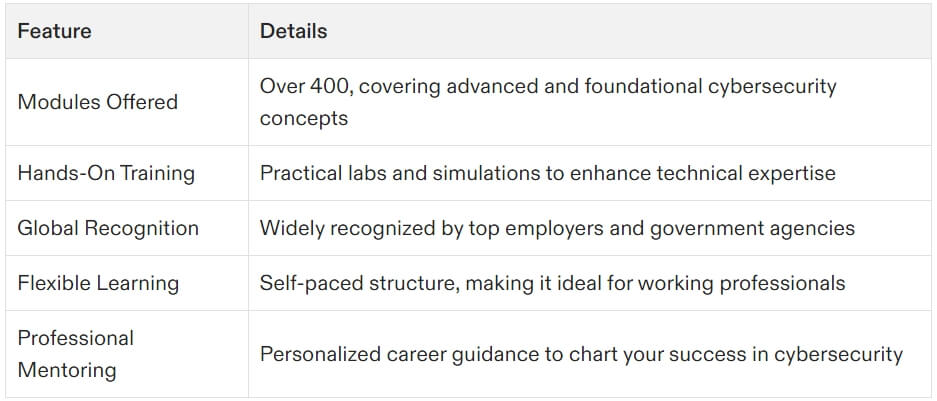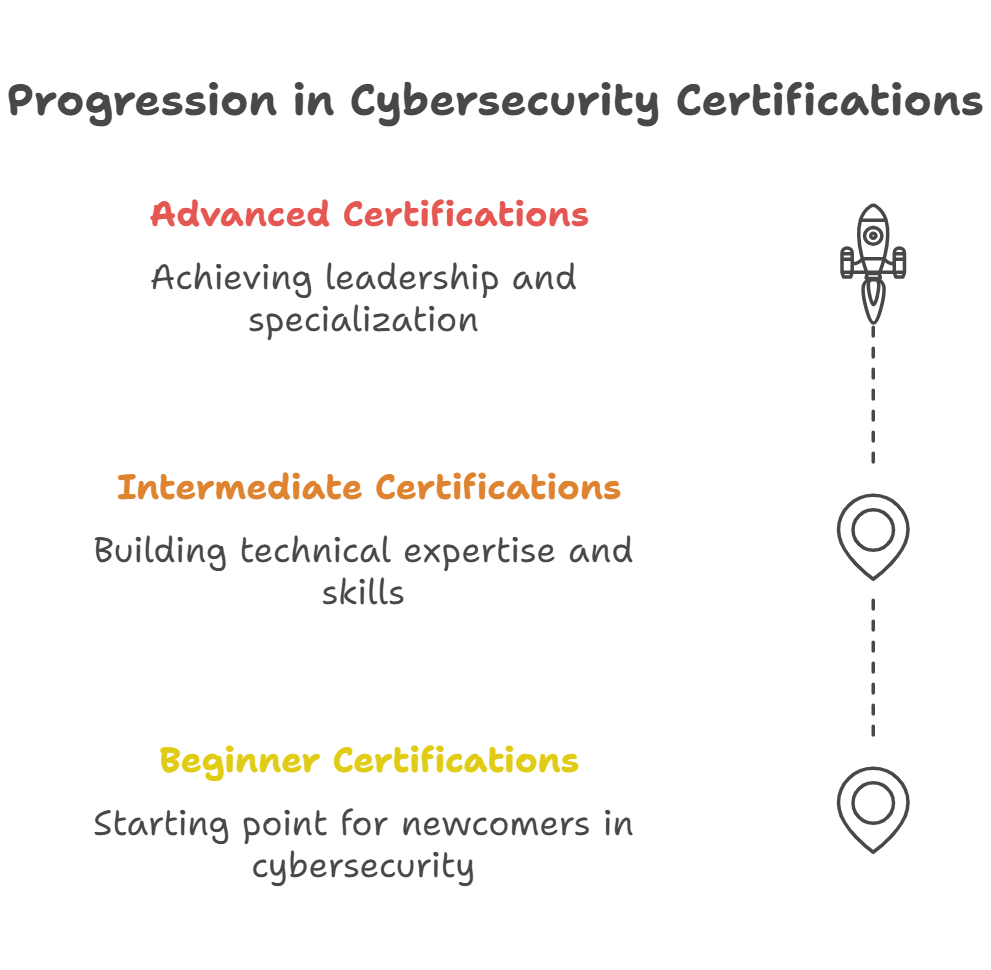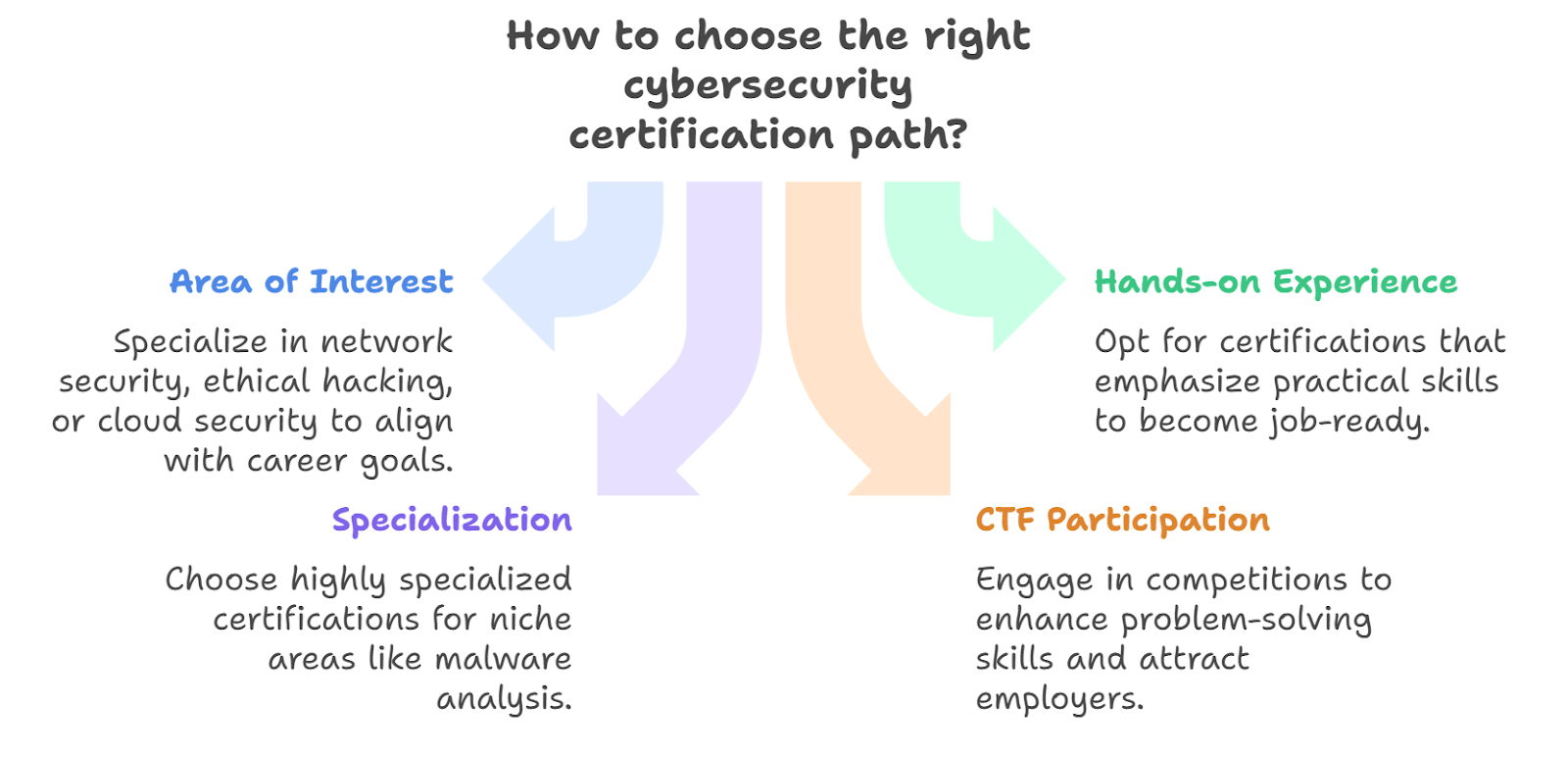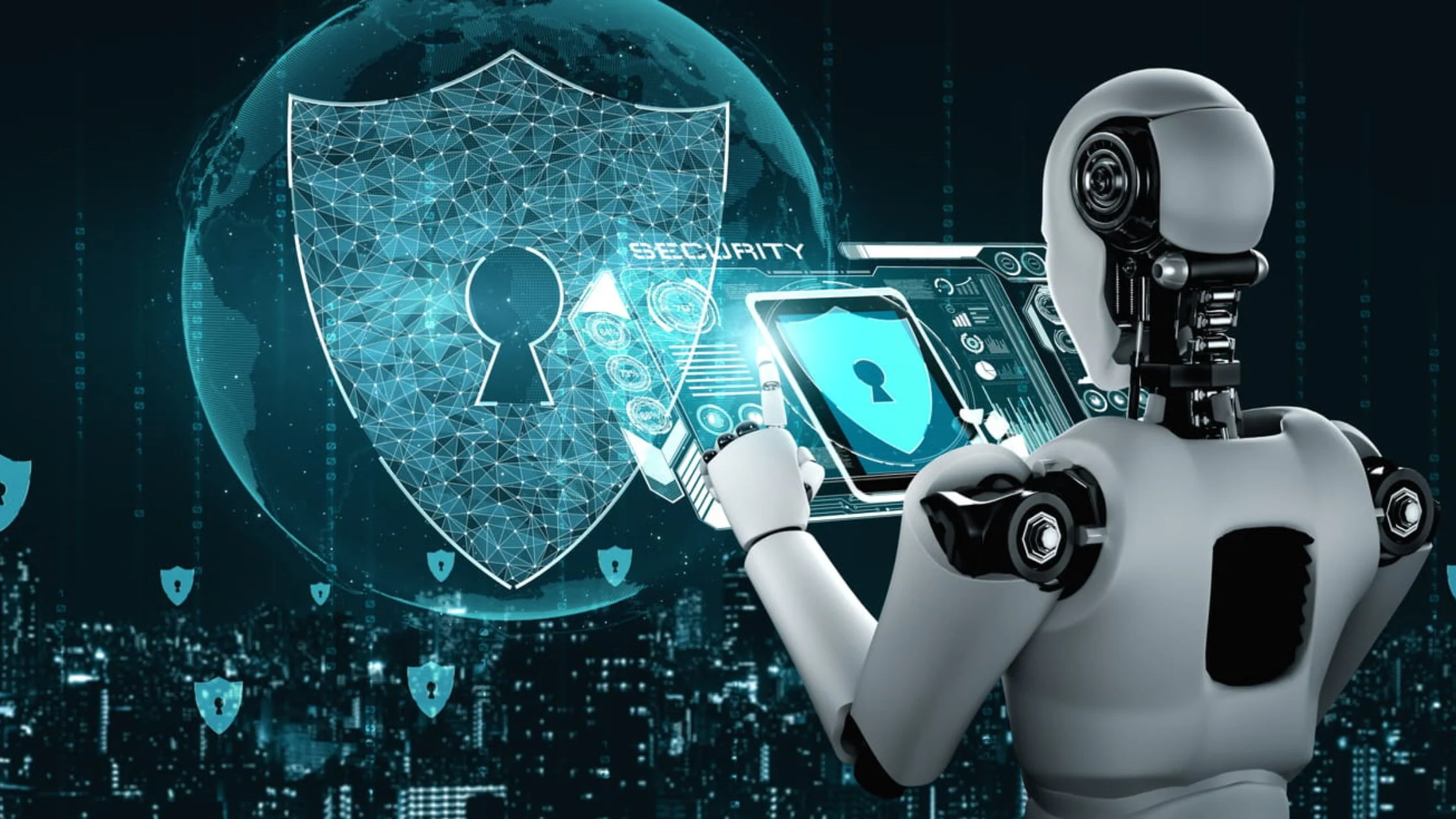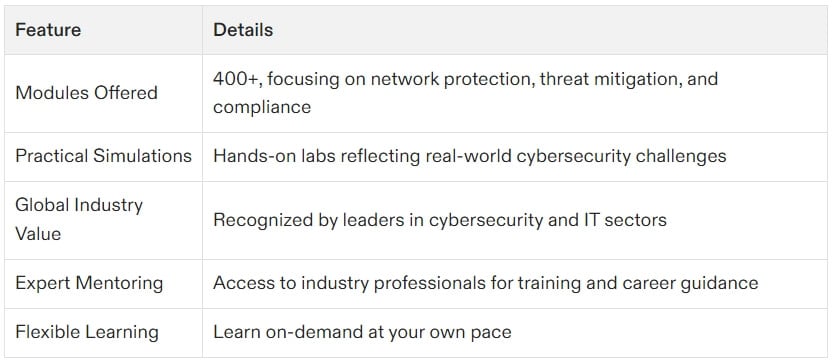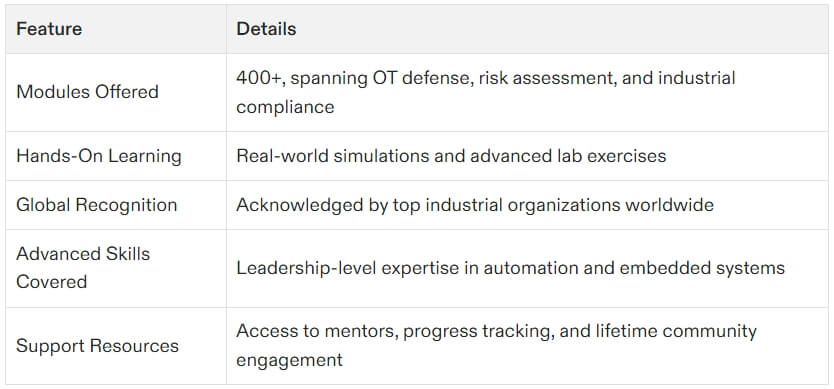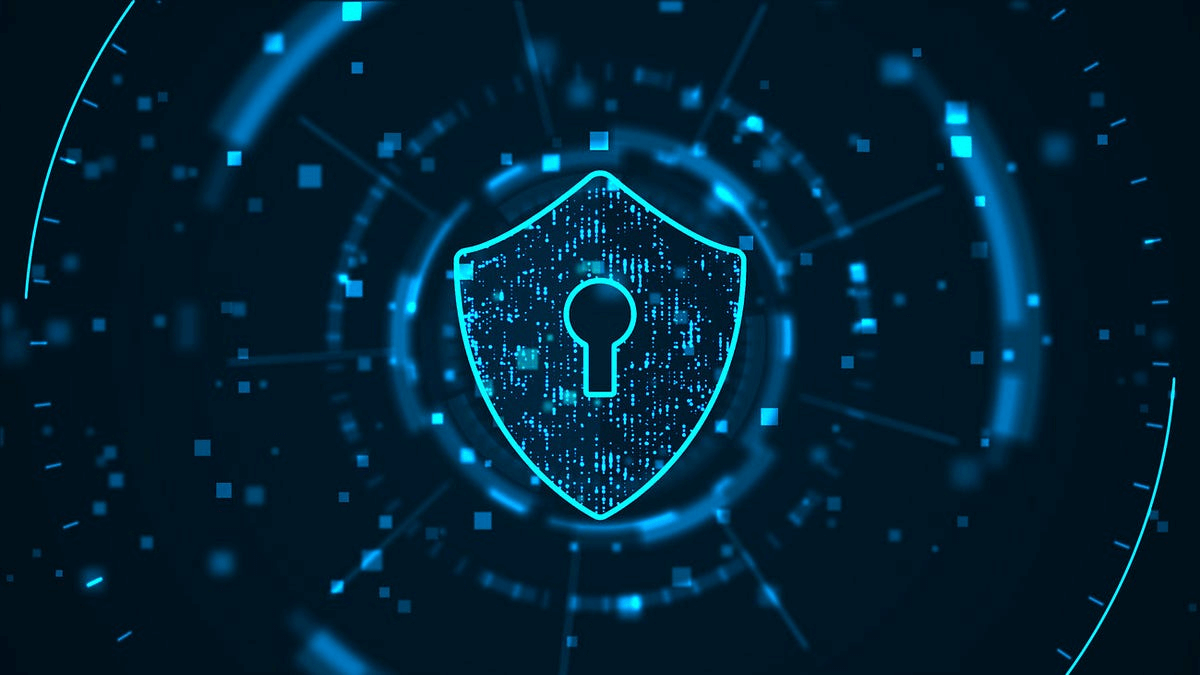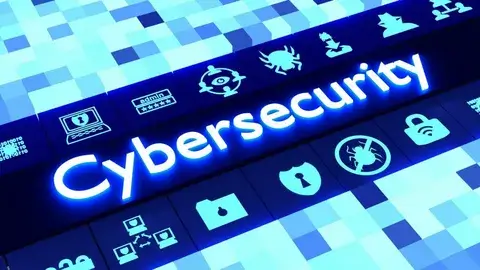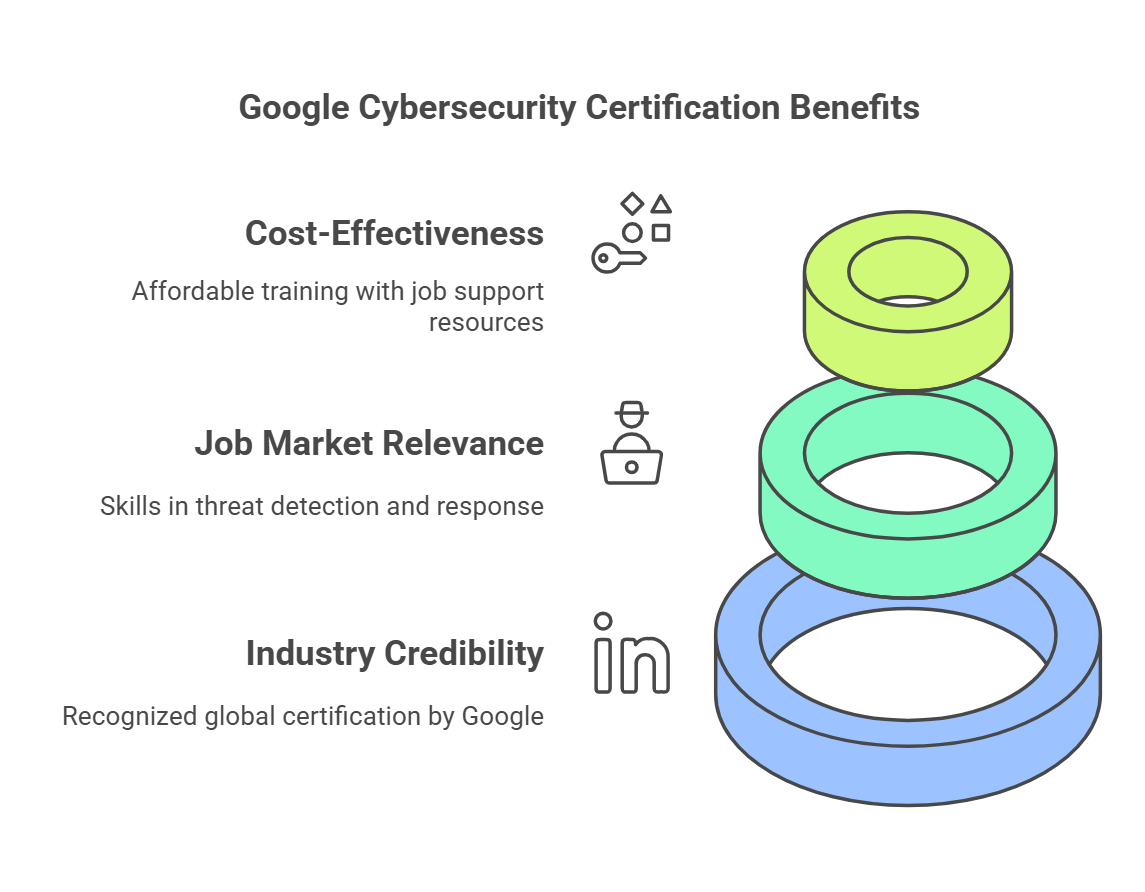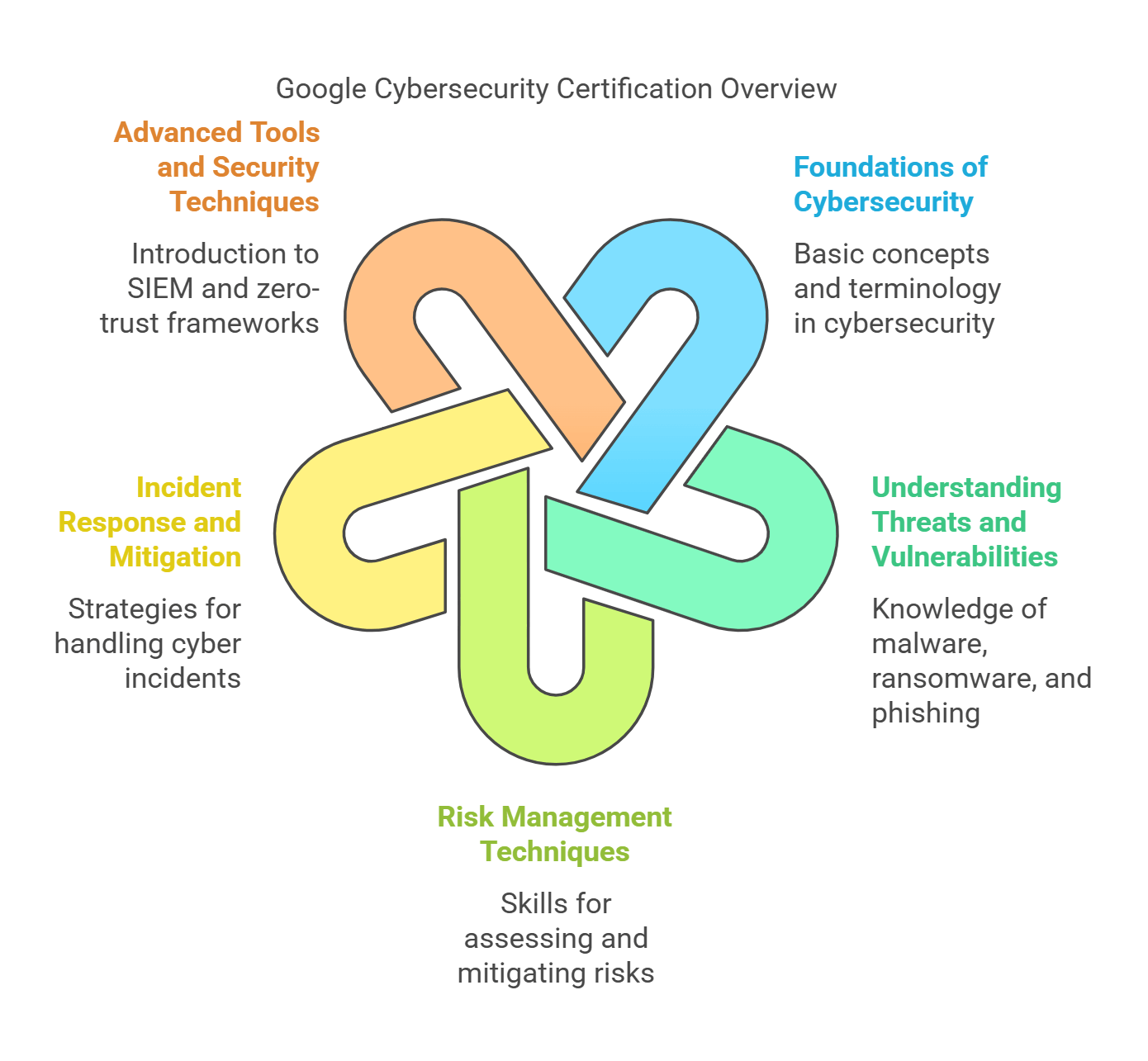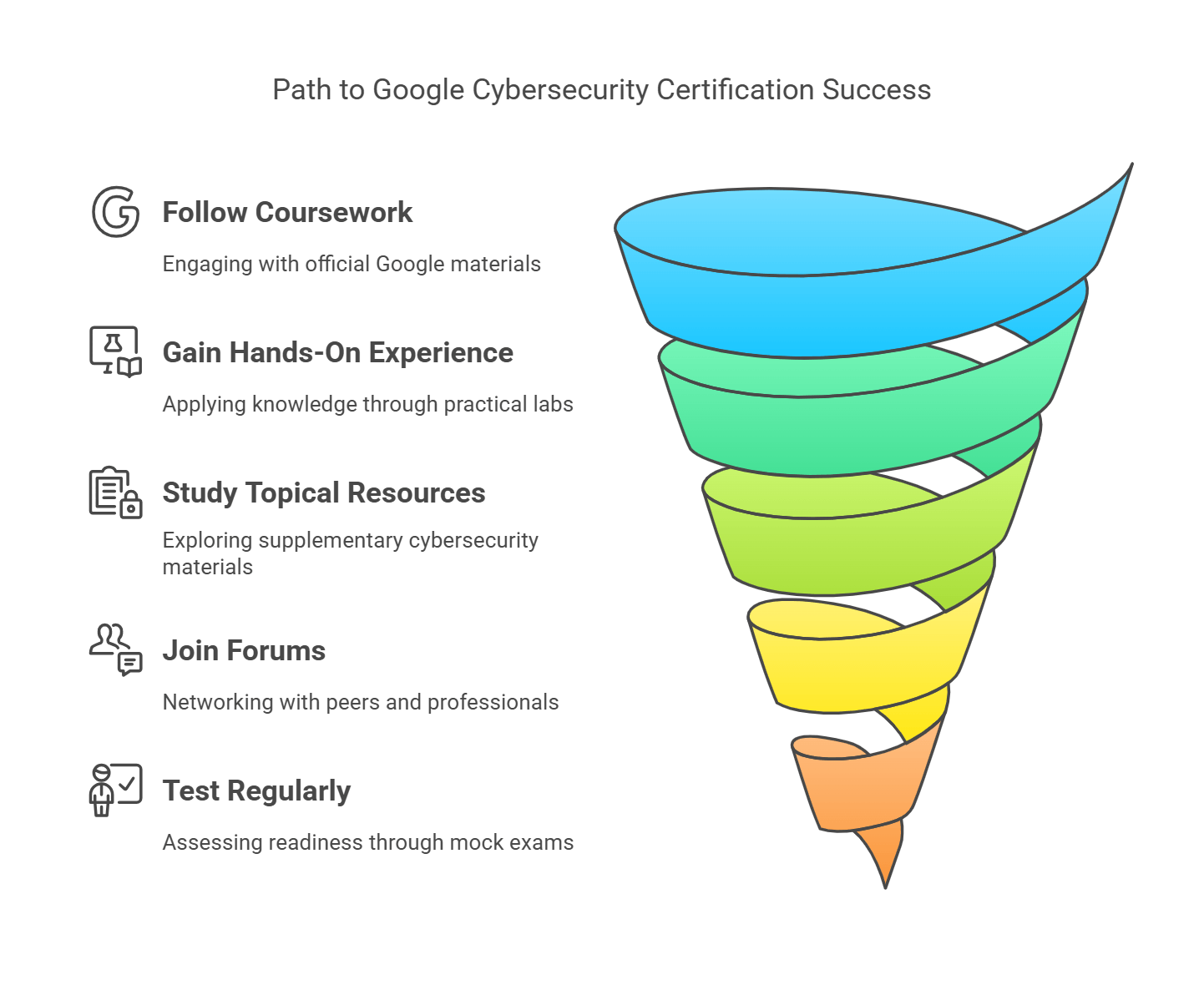Table of Contents
As cybersecurity becomes an increasingly essential focus in safeguarding digital assets, securing systems, and managing evolving threats, professionals in this field are in higher demand than ever before. A key element in gaining recognition and credibility in the cybersecurity world is through cybersecurity certifications. One of the most respected and recognized certifications in the industry is the SANS Cybersecurity Certification.
In this blog, we’ll explore the ins and outs of the SANS Cybersecurity Certification, how it can shape your career in 2025, and why it’s highly regarded within the cybersecurity community. We will also compare it with other certifications, like ACSMI certifications, to provide a comprehensive Certification – 101 Guide on how to maximize your career potential.
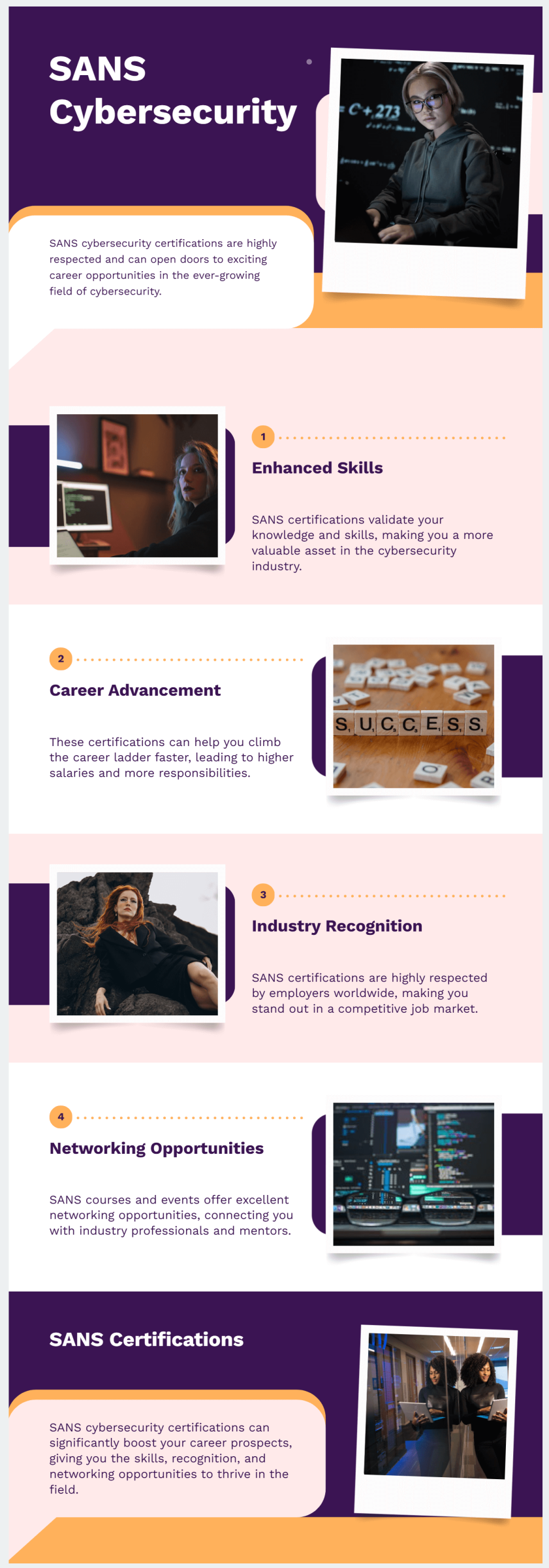
What Is SANS Cybersecurity Certification?
The SANS Cybersecurity Certification is a globally recognized certification offered by the SANS Institute, a leader in cybersecurity training and certification. With a comprehensive suite of over 60 specialized courses, SANS focuses on real-world applications and practical learning to equip professionals with the skills needed to respond to the growing complexity of cyber threats. These certifications are based on the GIAC (Global Information Assurance Certification) framework, which offers various certifications tailored to different cybersecurity roles such as network security, digital forensics, and penetration testing.
In 2025, SANS certifications continue to be a standard in the cybersecurity industry, known for their deep technical focus, hands-on training, and industry recognition. Whether you’re looking to specialize in ethical hacking, cloud security, or incident response, there’s a SANS certification designed to meet your career goals.
Why Choose SANS Cybersecurity Certification?
SANS Cybersecurity Certification Reddit is globally recognized for its hands-on training and real-world application. It equips professionals with advanced skills to defend against cyber threats effectively. With expert-led courses and industry-leading credentials, Cybersecurity Certification Reddit enhances career opportunities and boosts earning potential.
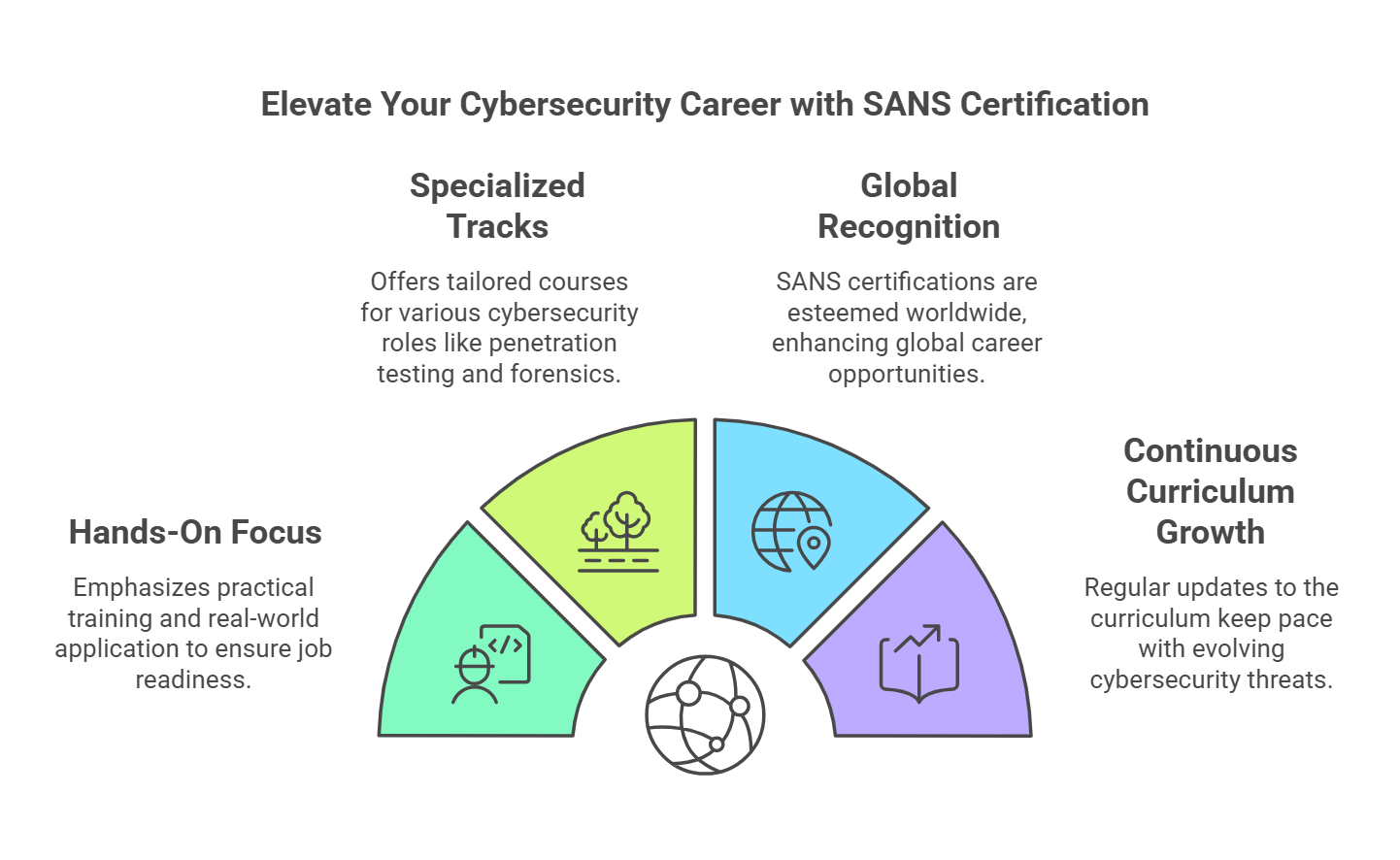
1. Hands-On Focus
Another one of the most compelling reasons why professionals choose SANS is that it provides practical, hands-on training. Real-world labs and simulated exercises are incorporated into each certification course to help learners apply theoretical knowledge in security situations. Cybersecurity professionals are in high demand as the field continues to rapidly evolve, and professionals with practical experience are needed. This hands-on approach makes sure you’re job-ready, not just theory-laden.
2. Specialized Tracks for Different Roles
SANS certifications offer specialized tracks in areas critical to the cybersecurity industry. Some of the key tracks include:
-
Penetration Testing: If you’re looking to be an ethical hacker, the SEC504 course (Hacker Tools, Techniques, and Incident Handling) is designed to teach advanced penetration testing skills.
-
Digital Forensics: With FOR500 (Windows Forensic Analysis) and FOR572 (Advanced Network Forensics), these courses cover essential tools and techniques used by forensic professionals.
-
Cloud Security: SEC588 (Cloud Penetration Testing) provides a comprehensive understanding of security challenges in cloud environments, one of the most crucial areas in modern cybersecurity.
With these specialized tracks, you can choose a path that best aligns with your career goals, whether you’re aiming for offensive security, defensive strategies, or incident response.
3. Global Recognition
Another is that the SANS certification is recognized globally. Employers around the globe look for individuals who have GIAC certifications from SANS because the training is challenging and based on real-world scenarios. Whether you are sending your application to a job in Dubai, London, or New York, SANS certifications will make you distinctive in the employment market.
4. Continuous Curriculum Growth
As cybersecurity threats evolve, so does SANS’ curriculum. SANS Institute trains its instructors on the latest cybersecurity trends and emerging threats through regular curriculum updates. This ensures that professionals have up-to-date knowledge and tools to combat new types of cyberattacks, like those fueled by AI or quantitative security risks. By 2025, SANS certifications are expected to remain current with the latest cybersecurity challenges and content that is regularly updated to reflect today’s most critical issues.
How Many Courses Are in the SANS Cybersecurity Certification?
SANS offers more than 60 specialized courses that span different cybersecurity domains. These courses are structured to cater to professionals at various levels—from beginner to advanced. Each course has a corresponding GIAC exam, ensuring that you are tested on the skills and knowledge necessary for the specific role you are preparing for.
Some of the most popular SANS courses include:
-
SEC504: Hacker Tools, Techniques, Exploits, and Incident Handling
-
FOR500: Windows Forensic Analysis
-
AUD507: Auditing and Monitoring Networks, Perimeters, and Systems
-
SEC588: Cloud Penetration Testing
In addition to offering more than 60 courses, SANS helps you build a learning plan that’s right for you — so you can align your training with your career goals by picking what you want to learn. But it’s worth mentioning that while SANS provides very focused training, the courses are quite lengthy and costly, which may be a problem for those who are tight on funds.
For a more structured alternative, other certification programs like ACSMI are also chosen by some professionals to combine with SANS courses, which offer over 400 modules and a curriculum that encompasses both foundational as well advanced cybersecurity skills.
Who Should Pursue SANS Cybersecurity Certification?
Professionals seeking to enhance their cybersecurity skills, including IT security specialists, network administrators, and ethical hackers, should pursue SANS Cybersecurity Certification. This certification is ideal for those looking to advance in threat detection, incident response, and penetration testing. Additionally, obtaining this certification can significantly impact Cybersecurity Certification Salary, as professionals with advanced credentials are often in high demand. It is also valuable for organizations aiming to strengthen their security posture with highly trained experts.

1. Cybersecurity Professionals
SANS certifications are ideal for the middle of the senior professionals to strengthen their skills in particular zones of cybersecurity. If you are in network defense, incident response, or penetration testing, the courses provided by SANS are meant to take your expertise to the next level when dealing with tough issues. Seniors, who want to update themselves on the new technologies, tools, and trends, can also benefit from SANS courses as an enrichment of their skill set.
2. Aspiring Ethical Hackers
For individuals who want to become ethical hackers, SANS provides courses for penetration testing, specializing in SEC504. You will learn the strategies for this in a hands-on way, and how to use them to test the security of systems and their vulnerabilities. Ethical hackers are in high demand and certifications such as the CEH or SANS can help to increase credibility and lead to well-paying career opportunities.
3. Digital Forensics Experts
Digital forensics professionals turn to SANS to gain technical expertise in system investigation, malware analysis, and data recovery. These courses offer a deep dive into forensic analysis tools, which are vital to investigating cyber incidents, like FOR500. The SANS certification is one of the most respected credentials if you want to specialize in digital forensics or incident response.
4. IT Managers and Leaders
SAN certifications can also help IT managers and leaders who need a good understanding of cybersecurity concepts to make good decisions on the organizational level. IT leaders can gain valuable insights from courses like MGT512 (Security Leadership Essentials), which provides a strong foundation in cybersecurity strategy, risk management, and incident response, enabling leaders to understand how to translate technical needs into business objectives.
Combining Expertise with SANS and ACSMI Certification
While SANS offers specialized certification paths, combining it with ACSMI certification can result in a robust learning experience. ACSMI’s 400+ modules provide a broader and more interdisciplinary focus on cutting-edge topics such as AI-driven threat analysis, blockchain security, and cloud infrastructure security. By pairing both certifications, you’ll gain specialized skills from SANS while also having access to comprehensive, real-world training that addresses broader aspects of the cybersecurity landscape.
This combination helps professionals become well-rounded experts who are prepared for both technical challenges and leadership roles in the cybersecurity industry.
Final Thoughts
SANS Cybersecurity Certification remains one of the most prestigious credentials in the cybersecurity industry. As the field continues to evolve, the need for skilled, certified professionals will only grow. Whether you’re just starting out or looking to specialize, SANS provides comprehensive, hands-on training that prepares you for the challenges of 2025 and beyond.
If you’re committed to advancing your cybersecurity career, combining SANS certifications with a broader program like ACSMI will give you the comprehensive skill set needed to thrive in today’s fast-paced digital world. Start your certification journey today and take the next step in becoming a leader in cybersecurity.
FAQs on SANS Cybersecurity Certification
1. What is the SANS Cybersecurity Certification?
The SANS Cybersecurity Certification is a series of specialized training courses designed to equip professionals with practical cybersecurity skills. These certifications are rooted in the GIAC framework and cover various domains, such as penetration testing, digital forensics, and cloud security.
2. How many courses are in the SANS Cybersecurity Certification?
SANS offers over 60 specialized courses, each tied to a corresponding GIAC exam. These courses cover a range of cybersecurity areas, allowing professionals to specialize based on their career goals.
3. Is the SANS Cybersecurity Certification challenging?
Yes, SANS is known for its rigorous and challenging content. The courses are designed to prepare professionals for real-world scenarios, ensuring they are equipped to handle complex cybersecurity issues.
4. How can I enhance my credentials beyond SANS certification?
Combining SANS certifications with programs like ACSMI can expand your knowledge base and enhance your practical skills. ACSMI offers over 400 modules, covering emerging fields like AI and IoT security.
5. Can SANS certification help me land a job?
Yes, SANS certifications are highly respected in the industry and can significantly enhance your employability. They are particularly valuable for roles in penetration testing, incident response, and network security.
6. What career roles can I pursue with SANS certification?
SANS certifications open doors to roles such as Ethical Hacker, Security Architect, Digital Forensics Expert, and Cybersecurity Consultant, offering high-paying job opportunities in a variety of industries.
7. What is the average salary for someone with SANS certification?
Professionals with SANS certifications often earn AED 150,000 to AED 350,000 annually, depending on their expertise, role, and experience. Senior roles and specialized certifications like CISSP or CEH can command even higher salaries.
8. How do I start with SANS certifications?
To begin, choose the certification that aligns with your career goals. SANS offers foundational courses for beginners and advanced training for professionals looking to specialize. Review the course catalog, select the appropriate training, and enroll directly through the SANS Institute website.

